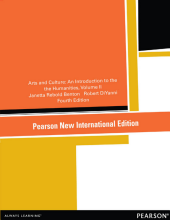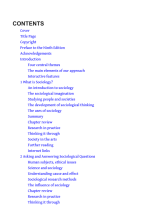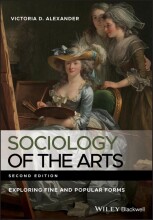Policy Perspectives - Flew & Cunningham. (2010) Creative industries after the first decade of debate
5 important questions on Policy Perspectives - Flew & Cunningham. (2010) Creative industries after the first decade of debate
What are, according to Flew & Cunningham (2010), the origins of the "creative industries" concept?
- Origins can be traced back to the Blair era government of the UK.
- Other governments, influenced by the UK, also took up this focus on the creative industries thereafter.
What do Flew & Cunningham (2010) tell about the history of defining the creative industries?
- Early 2000s: ambiguity around the term, not specific enough and excluded important categories.
- Later 2000s greater consensus and specification.
- Following a definition by the UNESO with 10 Creative Industries sectors.
- 2008: UNCTAD model of the creative industries with interconnected sectors in heritage, arts, media and functional creations.
What do Flew and Cunningham (2010) mean with the 'comparable' creative industries?
- Higher grades + faster learning
- Never study anything twice
- 100% sure, 100% understanding
Flew and Cunningham (2010) identify national differences outside the UK with regards to policy and analysis. What are three differences and what do all (including UK) have in common?
- Differences:
- Europe: concentric circles model with arts at the core and commerce on the outside.
- Asia: More eclectic.
- US: Lack of strong national policy, more regional.
- Commonality:
- Recent shift in policy discourse from arts advocacy to questions of cultural industries as generator of employment and innovation.
- Shift started in 1980s.
- Related with the emergence of neoliberalism as an economic and political paradigm.
Flew and Cunningham (2010) talk about how the creative industries is related to neoliberalism. Can you explain what neoliberalism is, what the idea of neoliberal critics on the CI's is and how Flew & Cunningham refute these critiques.
- Neoliberalism is a critical term meant to describe 3 interweaving economic and political processes:
- Globalization, privatisation of publicly-owned assets and deregulation/liberalisation of markets.
- Gained popularity in the 1970s/1980s.
- Critique: Criticize creative industries' reliance on and promotion as a corrective to economic and technological change.
- Rebut of Flew & Cunningham:
- No single neoliberalism but multiple neoliberalisms.
- Multiple forms of capitalism.
- Equating the creative industries with neoliberalism ascribes a kind of unity that doesn't exist in theory nor practice.
The question on the page originate from the summary of the following study material:
- A unique study and practice tool
- Never study anything twice again
- Get the grades you hope for
- 100% sure, 100% understanding































